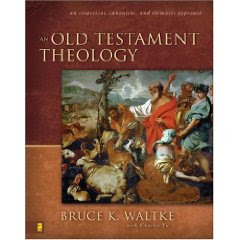 At PIBC we recognize that God's church is made up of people from many different places, cultures, outlooks and perspectives. Though we are made in the image of God, each one of us is also marred by the effects of sin in the world. This is not only true for individuals, but also for cultures, denominations, philosophies and theologies. Thus we recognize that each part of the world-wide multi-varietal body of Christ has something unique to say to the rest of the body and needs that can only be met by brothers and sisters different than themselves. We want our students to be exposed to and respect a wide variety of evangelical perspectives. Therefore our 7th objective is...
At PIBC we recognize that God's church is made up of people from many different places, cultures, outlooks and perspectives. Though we are made in the image of God, each one of us is also marred by the effects of sin in the world. This is not only true for individuals, but also for cultures, denominations, philosophies and theologies. Thus we recognize that each part of the world-wide multi-varietal body of Christ has something unique to say to the rest of the body and needs that can only be met by brothers and sisters different than themselves. We want our students to be exposed to and respect a wide variety of evangelical perspectives. Therefore our 7th objective is...
Evangelical Cooperation: As a Christian educational institution for members of many different churches and cultures, we seek to model the unity of mind, heart, and activity which must characterize the people of God. We do this by including a diversity of evangelical perspectives on the faculty and staff. We strive to be multi-cultural in faculty, staff, and student recruiting --
- that the student will be mentored and taught by faculty from a wide variety of evangelical perspectives and denominations.
- that the student will be exposed to a wide variety of ministry and worship styles.
- that the student will gain an understanding and appreciation for the diversity of theological viewpoints and practice within the evangelical church.
We know that Godly people who respect and submit to the authority of scripture may differ on some minor points of doctrine and we believe that we need to carefully hear what each other, and each others' ethnic and church cultures are saying. It is a blessing to me to work in an environment where these differences can be discussed in a loving and honest way.

















